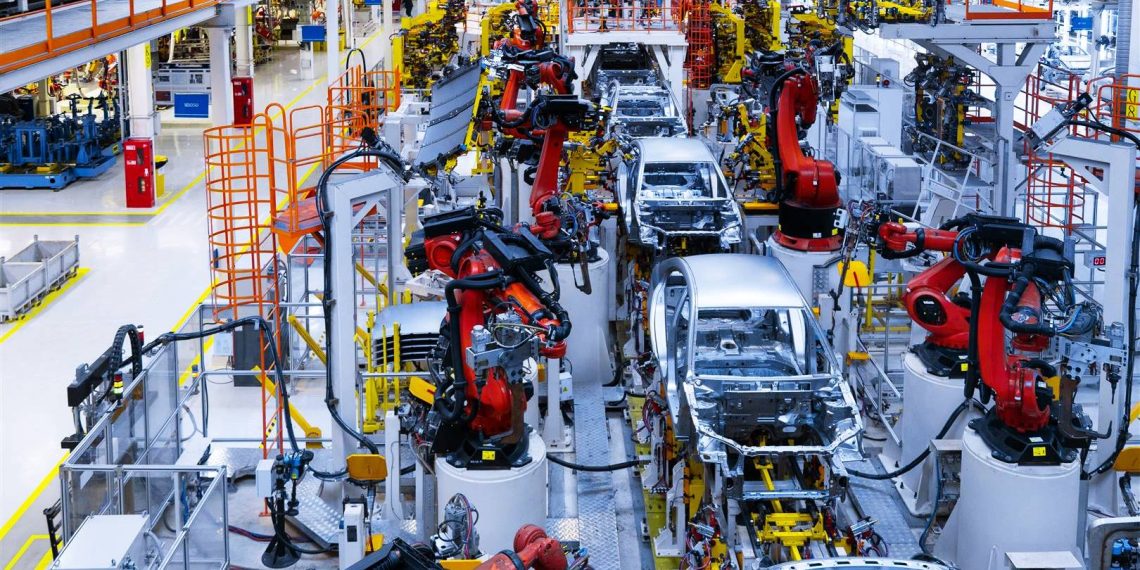No products in the basket.
Thailand’s automotive production industry experienced a 19.3% decrease last month compared to the same month last year, with only 133,690 units being produced.
Key Takeaways
- Thailand’s automotive industry only had 133,690 units produced, with a 19.3% decline in the car production.
- The Federation of Thai Industries (FTI) explained that the drop in production was more pronounced than January’s year-on-year decrease of 12.46%
- The increase in imported electric vehicles (EVs) and a decrease in the production of pickup trucks affected car production.
The decline in car production is attributed to a combination of different factors such as increase in imported electric vehicles (EVs) and a decrease in the production of pickup trucks, among others.
The Federation of Thai Industries (FTI) explained that the drop in production was more pronounced than January’s year-on-year decrease of 12.46%. The automotive sector, which includes some of the world’s leading car makers like Toyota and Honda, has been facing challenges due to the changing dynamics of the global car market.
What are the main factors behind the drop in car production in Thailand?
There are different factors behind the decline in car production in Thailand, one of the key factors contributing to the decline is the surge in EV imports. As the world shifts towards more sustainable and environmentally friendly transportation options, the demand for EVs has been rising.
Chinese EV imports on the rise
Thailand has seen an influx of EVs, particularly from Chinese brands such as BYD and Great Wall Motor, which have been bolstered by government tax incentives and subsidies.
One example of the current aggressive strategy for the EV segment is the Chinese manufacturers that are making a notable impact. Great Wall Motor, for instance, has seen a 19% increase in sales year-on-year, selling 6,222 vehicles in the six months.
Decline in pickup truck production
A further contributing factor is the fall-off in pickup truck production, the Federation of Thai Industries (FTI) stated that traditional trucks were previously one of Thailand’s primary sources of global automotive exports. The FTI claimed that financial institutions’ stricter credit policies substantially diminished the segment’s output.
This, in turn, caused a decline in sales, with traditional car sales dropping by 41 percent. Nonetheless, the Institute remains optimistic about the future of the Thai automotive industry. Following the 2.2 percent year-on-year fall, production of 1.84 million cars in 2023, last year, it anticipates reaching 1.9 million this year.
The FTI’s automotive industry division also mentioned that 52,843 cars were sold in February. Although the figure was lower than the previous year, it was still a sign that the Thai automotive market was strong enough to withstand numerous external political or economic factors.
At the same time, the EV and alternative fuel trends are rapidly growing. The rise of EVs and new trends will certainly pose challenges for the traditional auto industry, such as workforce rights and reduced tax income. However, they also present new opportunities and avenues for growth in Thailand, which must be considered for the recovery and development of the future auto industry. The auto industry remains a crucial component of Thailand’s economy.
Discover more from Thailand Business News
Subscribe to get the latest posts sent to your email.














